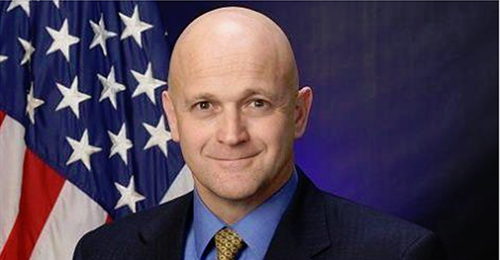Parker University Inaugurates William E. Morgan, D.C. as Their New President
Parker University Inaugurates William E. Morgan, D.C. as Their New President
SOURCE: Yahoo! News ~ November 2, 2016
DALLAS, TX–(Marketwired – November 02, 2016) – The Board of Trustees, Faculty, Staff, Students, and Alumni of Parker University are pleased to announce and celebrate the inauguration of their new president, William E. Morgan, DC. As the seventh president of Parker University, Dr. Morgan will begin his term presiding over an expanding roster of both programs and students as Parker University pursues its mission of comprehensive education dedicated to research, service, and education.

General Boomer is a retired four-star general and assistant commandant of the United States Marine Corps and a business executive. He led all Marines in Operations Desert Shield and Desert Storm during the Gulf War. He later served as the Chairman and CEO of Rogers Corporation, retiring in 2004. He is the current lead director of Baxter International. General Boomer is a 1960 graduate of Duke University; he later earned a master’s degree from American University.
About Dr. Morgan, Seventh President of Parker University
In 1998, Dr. Morgan was chosen to establish the first chiropractic clinic at the National Naval Medical Center in Bethesda, Maryland, which later became Walter Reed National Military Medical Center. In 2015, Walter Reed recognized Dr. Morgan with its highest honor for clinical excellence, the Master Clinician’s Award.
During the last 18 years at the military’s most prestigious medical centers, he practiced in an integrative setting providing chiropractic care to the injured troops returning from the wars in Iraq and Afghanistan.

